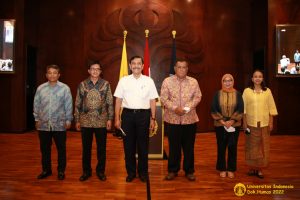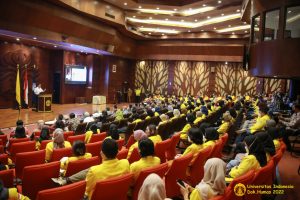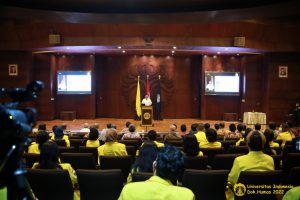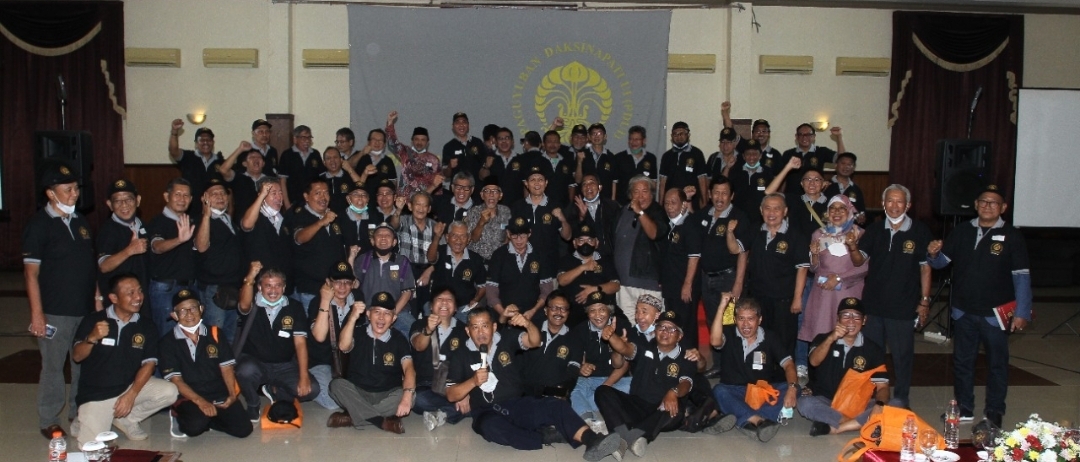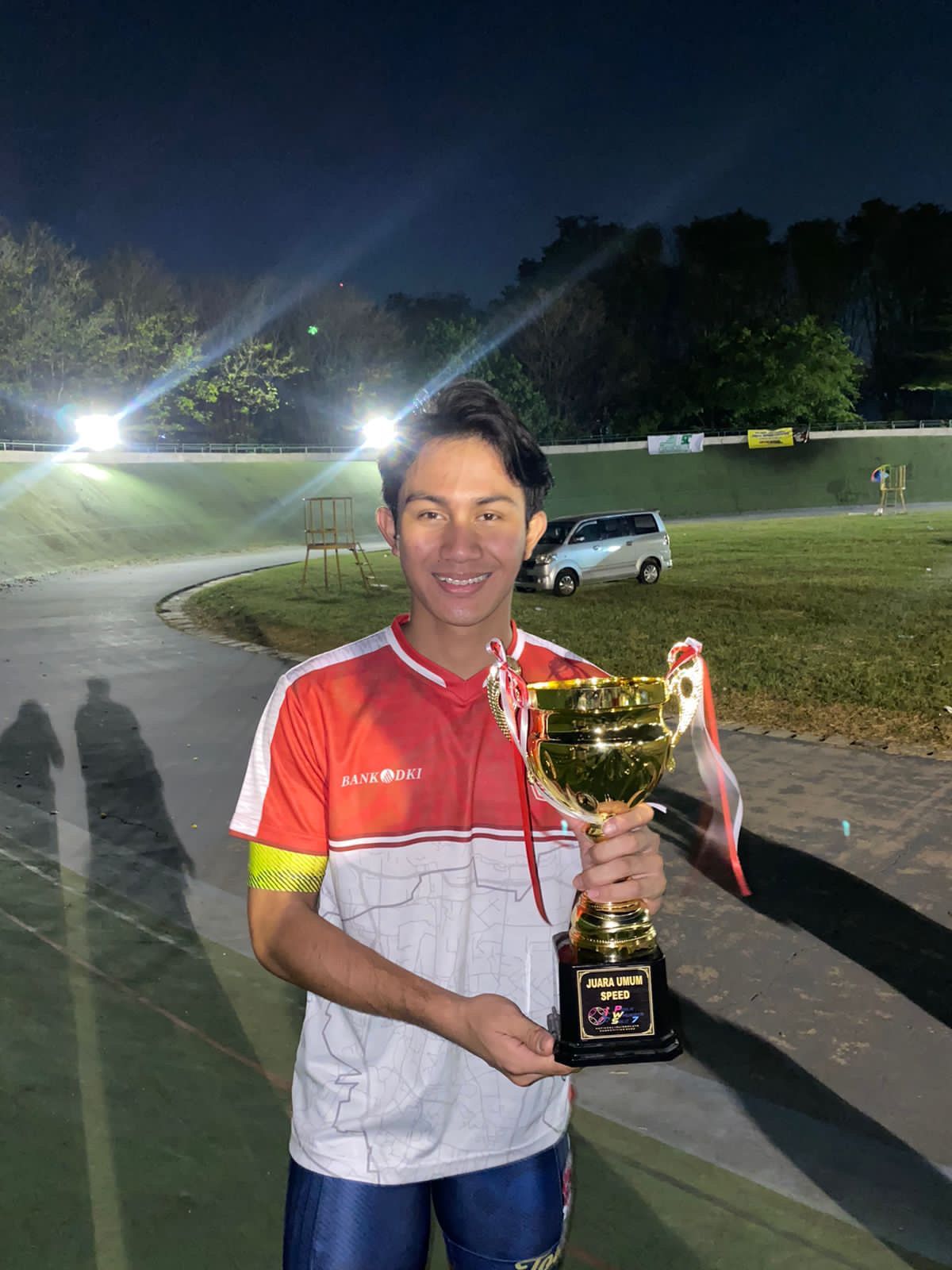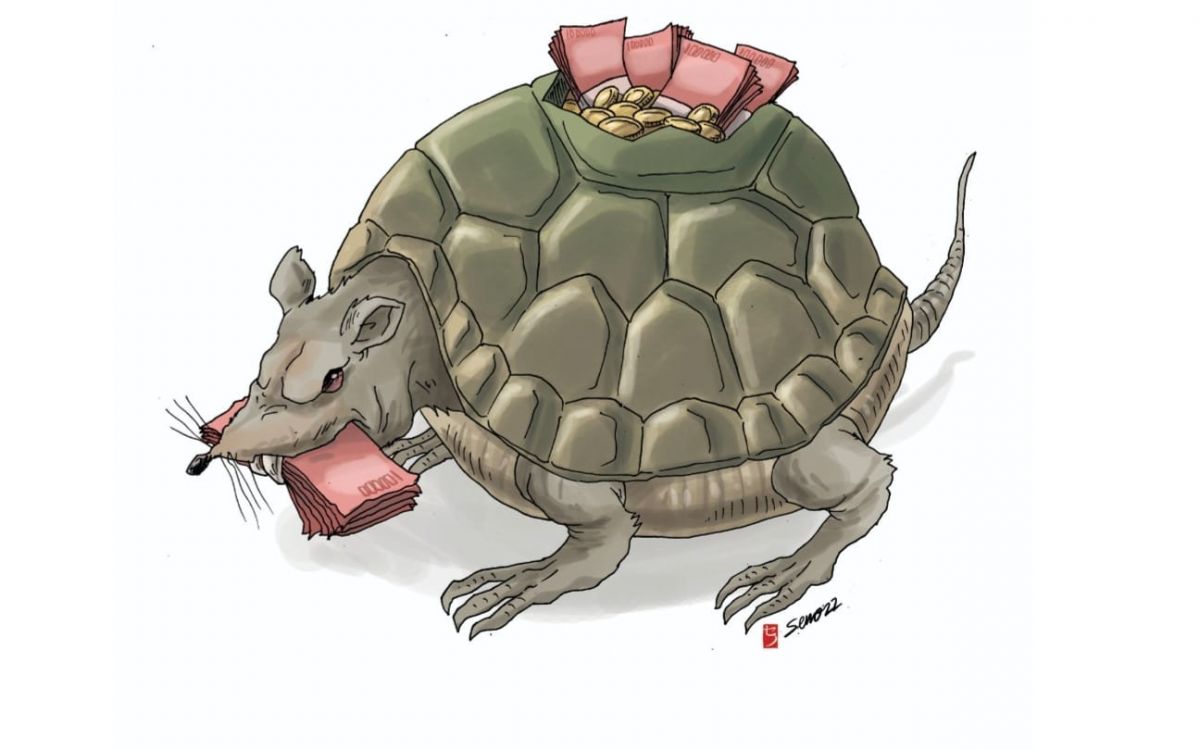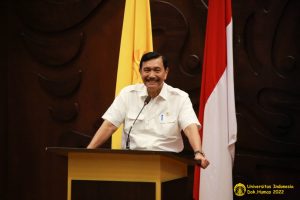
“As the G20 presidency, Indonesia must be able to play a role in the world for future economic revival. Not only that, Indonesia must also be outward looking, namely expanding networking with the industrial and international world,” said General TNI (Purn) Luhut Binsar Pandjaitan, M.P.A, Indonesia’s Coordinating Minister for Maritime Affairs and Investment in Minister Talk: “Rising Together, Rising Stronger: Indonesia Meets the Post-Covid-19 Pandemic” at the Universitas Indonesia (UI) Depok Convention Center (12/4).
The Rector of Universitas Indonesia Prof. Ari Kuncoro SE, MA, Ph.D along with the vice rectors, deans and vice deans, were also present at the event. In addition, this activity was also attended by students participating in the integrated personality development course. In his presentation, Luhut said that the future of this republic was in the era of participants in the integrated personality development course. “You as a leader must quickly make decisions by listening to the opinions around you. Never be ashamed to admit that you are being helped by others. Because if you work alone, it will not solve the problem. We have to think that we work in a good cooperation and leadership,” said Luhut sharing his experience.
“The key to leadership for all of us is example. Give examples to those around them. At the military academy, I learned three things, namely Tanggap-Tanggon-Trengginas (Responsive-Resilient-Adept),” said Luhut. He continued, responsiveness is intelligence that is maintained continuously, resilience is character, soul, spirit, while adept is healthy. “That’s what I maintain in life that character is important, according to our words and deeds. I entrust unity and integrity to be the key if we want Indonesia to progress, we must be united,” he said.
He also discussed the impact of the Covid-19 pandemic, handling, and the efforts that have been made by the Government in restoring the national economy. According to him, the pandemic has had a major impact on the world’s economy. There are still many countries whose GDP levels have not returned to pre-pandemic levels but Indonesia’s current position has rebounded.
“The pandemic is not over yet, but the world is faced with a new challenge, namely the Russian invasion of Ukraine. What is even more important is that for the first time the United States has faced a country that has the largest nuclear power in the world, namely Russia. In response to this problem, Indonesia must navigate carefully as a G20 Presidency based on the 1945 Constitution,” said the coordinator of the Java-Bali Emergency Community Activity Restriction in handling Covid-19.
In the material presented, Luhut said the United Nations estimates that the Russia-Ukraine war will add 7.6 -13.1 million people to hunger worldwide, and Indonesia is not included in that category. Russia and Ukraine play an important role in the world’s exports of energy, food, and metal commodities, which cause commodity prices to rise.
Therefore, Indonesia must be strong in domestic production. The Russo-Ukrainian war triggered an increase in inflation in various countries, mainly driven by rising energy and food prices. The increase in the price of oil, wheat and corn increased the value of imports from countries such as Egypt, Pakistan, Sri Lanka, and Tunisia.
“Post-pandemic, challenges will also arise in terms of changes in various socio-economic and technological aspects. These include changes to the health system, accelerated automation and digitalization, increased the role of Artificial Intelligence (AI) & Big Data, changes in the Global Value Chain, increased telework trends, and green recovery to face the challenges of climate change,” said the leading figure in handling Covid-19 in Indonesia. as the leader of the Covid 19 Handling Committee and National Economic Recovery.
The handling of the Covid-19 pandemic and the recovery of the national economy can be controlled while maintaining economic conditions. In less than 3 months, daily cases have fallen sharply. Hospital BOR is at a low level, which is 4%, the positivity rate is below the WHO standard, which is 1.2%. Vaccination has reached a high level. The number of people vaccinated, Indonesia is ranked 4th in the world with details of the first dose of 95%, the second dose of 78%, and the third dose of 13%.
“All WHO requirements are met, due to good team work and leadership. As a leader, you have to go out into the field, not just talk, but execute,” said Luhut, who is also initiating the transformation of Indonesia’s industrial downstream development in eastern Indonesia. He gives an illustration that the national economy can be recovered quickly. The economy grew again above 5%, investment realization was able to grow to a double digit, Foreign Investment/Domestic Investment by 12.5%, and poverty and unemployment rates decreased. In addition, mobility out of the house and public spending have increased and are the highest since the pandemic.
At the end of his presentation, Luhut said that in overcoming the Covid-19 pandemic, Indonesia had shown that it could solve problems quite well. In the last eight years, Indonesia has transformed its economy to become more efficient, advanced, and less dependent on commodities. Luhut hopes that Indonesia must continue to make improvements to increase economic productivity, including the development of human resources and R&D to encourage innovation and that Indonesia is faced with various post-pandemic challenges to achieve the vision of becoming a developed country by 2045.
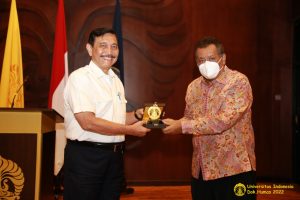
UI Rector Prof. Ari Kuncoro in his welcoming speech as well as opening the lecture, said that during the pandemic UI has spawned many innovations to help the government overcome the pandemic and break the chain of virus transmission. UI also supports the government’s efforts through vaccination programs at the UI Hospital and Satellite Clinic by targeting lecturers, education staff, students, and the surrounding community.
“Along with its efforts to welcome the post-pandemic era, Indonesia currently holds a strategic position in the G20, which is a multilateral economic cooperation consisting of 19 countries with the largest economies in the world plus the European Union. On this occasion, we will listen to the government’s evaluation, strategy, achievements, and action plans in dealing with Covid-19 and how to optimize Indonesia’s G20 Presidency for the post-pandemic national interest. Hopefully this activity will bring benefits in welcoming Indonesia’s G20 Presidency and become input in the development of knowledge at UI. I hope that through the contributions and aspirations of the UI academic community, it can be captured and articulated into an implementable and beneficial policy for the community,” said the UI Chancellor.

